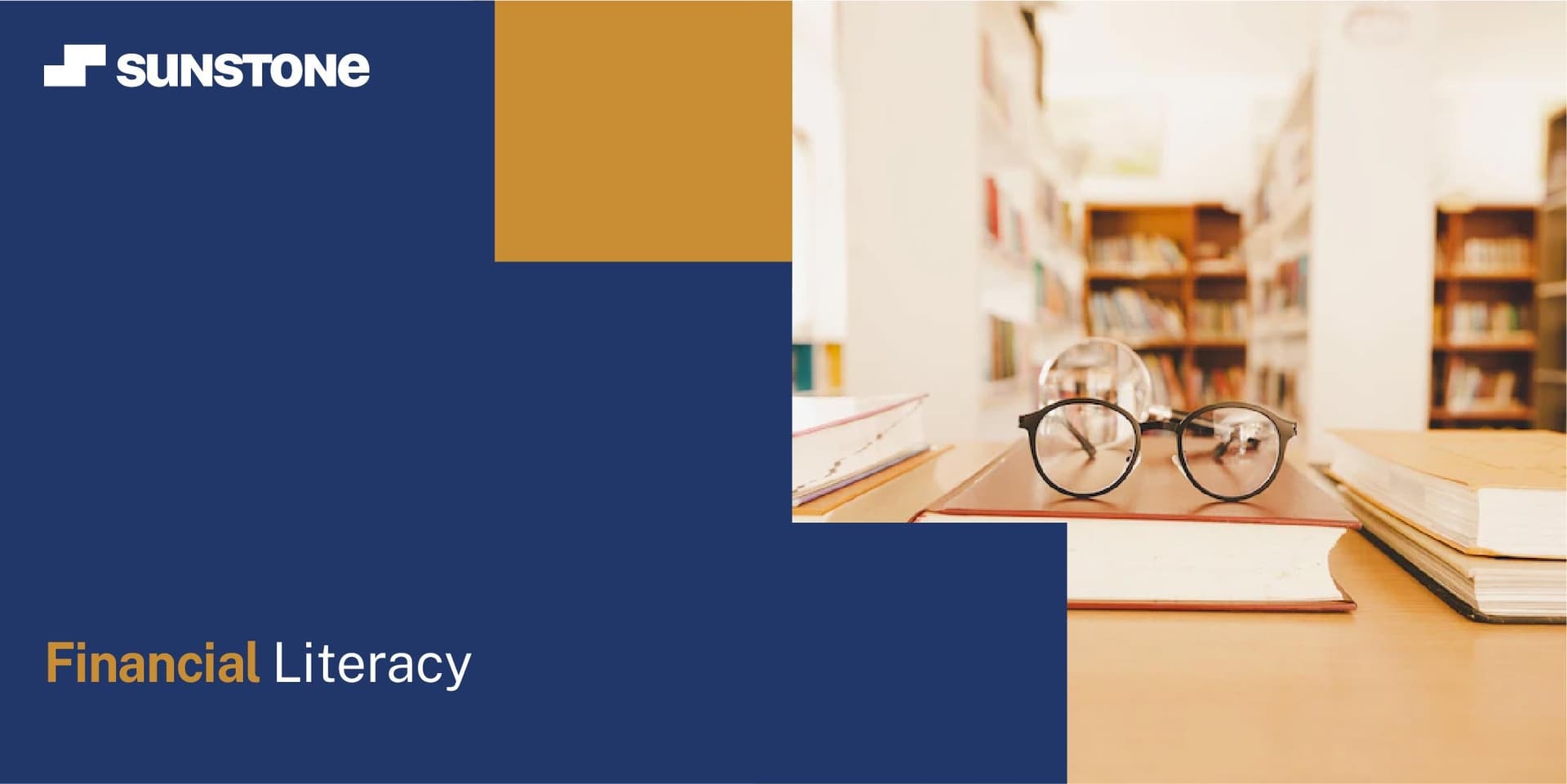5800 students unlocked their dream jobs with UG/PG programs in top colleges. Apply Now!
Traditionally, Financial literacy has been viewed by governments as a toolkit of information, skills, and behaviours that contributes to "good financial decisions" and "financial wellbeing." It's a strategy that emphasises the importance of fiscal responsibility among citizens and invests heavily in policy and education programmes to achieve it. The assumption that financial problems can be prevented or solved by knowing the difference between needs and wants and being careful in your banking, budgeting, and saving is what being ‘Financially Literate’ curtails.
Based on this traditional approach, schools and teachers have been tirelessly training our young people for economic and financial inclusion for a long time. However, the COVID-19 pandemic has disrupted conventional thinking and made many realise the fact that, while serving governments and the finance industry, our approach to financial literacy in schools falls short.
What is Financial Literacy?
The ability to control one's finances is referred to as financial literacy. The aim of financial literacy is to assist people in better comprehending financial concepts so that they can better manage their monetary assets. It is a life skill that must be mastered in order to be financially successful and a skill needed to be polished now more than ever because of the economic instability. Being aware of savings, insurance, and loans and its interest are all examples of financial literacy.
As we adapt to our new realities in a post-COVID-19 setting, there is a growing realisation that our previous understanding of financial literacy has done little to prepare us for financial failure and hardship.

Example of financial Literacy
Neha is a school teacher who informs her students about financial literacy through her classes. She educates them on the basics of various financial topics, such as budgeting, debt management, retirement saving, insurance, and investing.
Neha is of the opinion that these concepts will be useful in the lives of her students in the future even if they aren't useful now as part of the curriculum.
Why Is Financial Literacy Important?
‘Indians are also recklessly safe with their savings with a majority preferring fixed income products such as PPF, LIC and other tax-saving schemes, fixed and recurring deposits, or just letting it lie in their savings accounts. One in four respondents invest in mutual funds (MFs),’ it said.
Now coming to millennials (those under 35 years of age), are far more likely to let their savings lie idle in their bank accounts than those over 35 years who would rather invest it, indicating maturity of understanding of financial planning, according to the survey. But such maturity as one can see, comes pretty late in life and especially when an individual has gone through many pitfalls and has lost a lot of money on account of bad investments or missed opportunities. Hence the need for financial literacy from the very beginning is essential.
Also, this behaviour is just not limited to Indians but is observed world over. For instance, according to a new survey released by the National Endowment for Financial Education® (NEFE®), nearly nine in 10 (88 percent) Americans say the COVID-19 crisis is causing stress on their personal finances.
These statistics clearly reflect the need for better understanding and management of personal finances, especially for millennials. Earning income to provide for oneself and one’s family is clearly not enough in today’s highly volatile environment.
With so many credit products available in the market, such as credit card debt, debit card overdrafts, loans and their EMIs, and so many people opting for these, financial literacy becomes important to manage one’s money outflow, because the interest burden of these instruments can cause havoc if not managed efficiently. Individuals who understand debt and have financial skills would be better equipped to use these items responsibly.
Financial literacy teaches millenials how to make important financial choices. It improves financial capability and financial discipline. This results in significant lifestyle improvements like regular savings and prudent investment, proactive debt management, and more efficient achievement of life goals. Furthermore, financial literacy can shield individuals from financial fraud, investment pitfalls and ensure their financial well-being. The absence of this would result in budget misalignment, excessive expenditures over revenue, debt pile-ups, dismal credit score, vulnerability to financial frauds, bad investment choices etc.

How can one become Financially Literate?
In India, there is a widespread perception that financial literacy is only for the wealthy, whereas the need is for all to be financially knowledgeable. People are under another misconception that a basic knowledge of financial instruments acquired from reading financial articles in newspapers/magazines or browsing the internet is all that they need to be successful in securing their future, but what many fail to understand is that financial jargon is common to all mediums no matter what source you choose to obtain your basic knowledge of finance from and this is what causes a hindrance for people to grasp the intricacies of finance.
Over the last couple of years, the stock market has become the favourite of first time investors to earn handsome returns over their capital. But most of the millennial investors have a very little knowledge of these markets or various instruments that are used.
At an NSE event to commence the World Investor Week, GP Garg, executive director, Securities and Exchange Board of India (Sebi), said, the discrepancies in the literacy rate show that we have a long distance to travel and that puts a lot of responsibility on all the institutions including exchanges and SEBI that how best we take the message of financial literacy across the country.”
It’s no surprise then that most of the people, especially the millennials who invest money in the stock market lose it, one of the reasons being lack of a skill set for reading market indicators that can help them in their decision-making process. The CEO of Zerodha, Nitin Kamath, has publicly shared that over a period of 1 year, over 99% of the traders lose money. With over 50 million people investing in the share market the money being lost is immense.
What is needed then is a pedagogy that can instill that knowledge in people especially the younger generation that can help them tide over these uncertainties with ease. There are programs available in the market today that claim to equip you with the financial know how that helps people in making prudent financial decisions, but none comes close to a Masters in Business Administration, especially when it comes from a premier institute like Sunstone.
Tips & Tricks to improve financial literacy skills
- Create a monthly budget for yourself with specified amounts for savings, spending, and other expenses.
- Pay off your bills before the due date.
- Check your credit score and keep an eye on your credit report.
- Avoid plunging into debt.
- Start investing to beat inflation.
What's The Need for An MBA in Finance In These Times?
Finance today has become an essential component of every economy. This is the era of automation and industrialization and finance plays a critical part in the advancement of industries. It's also important to note that many sectors and businesses are currently experiencing extreme financial headwinds. Expert financial managers devise relevant techniques to assist companies in improving their financial stability and enhancing their economic success during such difficult times. And this is what a PGDM in finance aims to train young professionals in.
A Post Graduate Diploma in Management (PGDM) can have various specializations but none achieves the objective of equipping an individual with the financial know how of surviving in an economically tumultuous world like ours, like MBA in finance with Sunstone's edge does.
MBA in Finance, in addition to equipping an individual at becoming a good manager and a good leader also enables them to better understand the financial and money markets, that helps them in making efficient investment decisions and tap into unchartered investment territories with immense potential.
A Management program with Sunstone's edge is based on four cornerstones:
- Making education intelligent
The learning management system works with you on a personal basis to ensure you delve deep and understand every subject.
- Helping you become an Asset for the Industry
Inputs from top recruiters are taken every year before setting the curriculum support. With their inputs, you are prepared to meet the new and upcoming demands of the industry so you can deliver exactly what they need.
- Helping you make the most of the opportunity
Business environments are ever-changing and you are taught how to turn a challenge into an opportunity. Ensuring you come out on top every single time.
- Skilling you to leave an impression
The value of specializations is more today than it ever was. Add some ‘extra power’ to your arsenal of business acumen and be valued for them wherever you go.
Keeping in mind the importance of investment right from a young age, it is crucial for students today to identify the significance of investing in themselves and in their future.
HELP
Take the first step towards your dream job.
ABOUT THE AUTHOR

